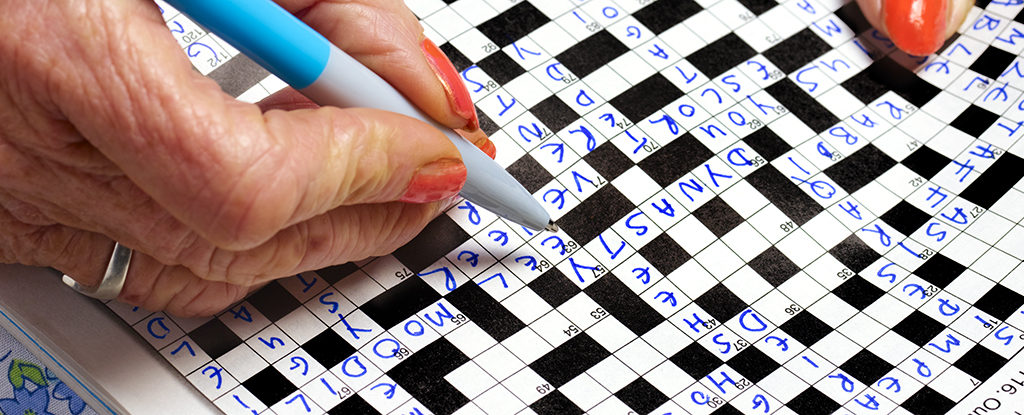How can we keep our minds nice and sharp as we get older? Mentally challenging tasks like playing games, solving puzzles, and reading books could all be beneficial in this regard, according to a new study.
Researchers from the University of Southern Mississippi, Texas A&M University, and Indiana University looked at records of 5,932 people aged 50 or above in 2012, with mild cognitive impairment (MCI). They were monitored for eight years through phone interviews and self-reported surveys as part of the larger Health and Retirement Study project.
These participants were ranked as low, mid, or high in terms of how often they engaged in cognitively stimulating leisure activities, or CSLAs – activities including reading, writing, playing games such as chess, doing crossword puzzles, and taking part in hobbies.
“In short, the high-level participation group consistently exhibited higher cognitive function levels during the study period and maintained a similar level of cognitive functions compared to the other groups,” says Junhyoung Kim, an associate professor of health behavior at Texas A&M University.
The benefits of high levels of involvement in CSLAs were consistent across memory, attention, and cognitive processing speed, the researchers report. Based on standard cognitive tests, those in the high group did better than the mid group, and the mid group did better than the low group to a statistically significant level.
While cognitive decline was evident in all three groups over the study period, the decline was slower in the high participation group. That suggests regular activities that keep the mind sharp can fight the effects of aging – at least in people who have already been diagnosed with mild cognitive impairment.
“The optimal level of CSLA activity that resulted in optimal increases in cognitive functioning during a given period was found to be more than three times a week,” write the researchers in their published paper.
“These findings suggest that positive lifestyle interventions, a nonpharmacological treatment, have an important role in promoting cognitive function and in the prevention of cognitive decline in aging or older adults with MCI.”
Several previous studies have made the connection between brain-taxing activities, like jigsaw puzzles, and protection against cognitive decline. While this research isn’t detailed enough to prove cause and effect, it may be that ‘exercising’ the brain helps to keep it in shape, which would make sense.
Since mild cognitive impairment often precedes conditions such as Alzheimer’s, this research could contribute to identifying therapies that impede the onset of dementia. As the world’s growing population gets older, the numbers of elderly people with these conditions will rise too.
“Today, nearly six million people in the United States have dementia, and this number is projected to grow to about 14 million by 2060 – with minority populations affected the most,” says Kim.
The research has been published in the Journal of Cognitive Enhancement.





